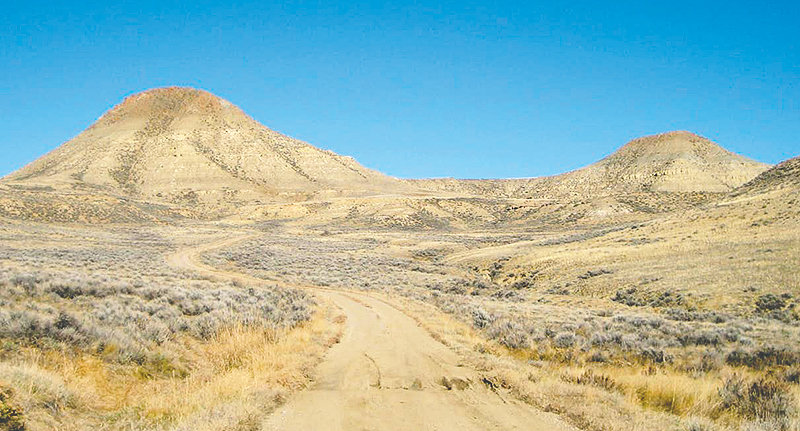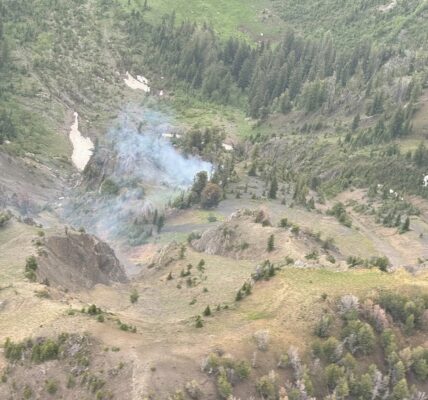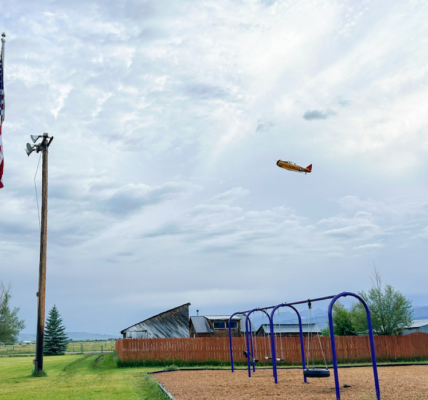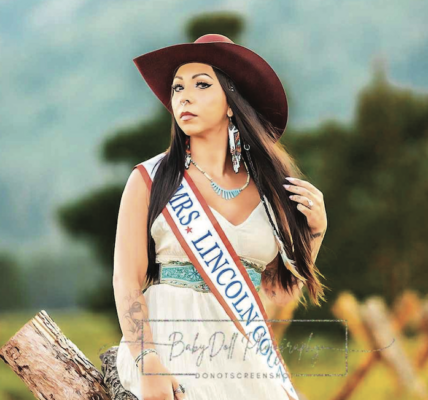
By Ellen Gerst
Casper Star-Tribune
Via- Wyoming News Exchange
CASPER — Following the Department of Interior’s announcement declaring “squaw” a derogatory term and creating a task force to remove the word from federal place names, Wyoming will likely see some long-standing names changing soon.
The term “squaw” has historically been used as an ethnic and sexist slur referring to Indigenous women, often disparagingly, the department said in a release last week.
According to a database from the U.S. Geological Survey, there are 43 official federal place names in Wyoming containing the word “squaw.”
A pair of orders issued on Nov. 19 by Secretary of the Interior Deb Haaland, the first Indigenous woman to head that agency, aim to take it out of the vernacular of federal lands.
Some of the most prominent places in Wyoming named with the term include the Squaw Teats outside of Meeteetse, which some Wyoming residents have been trying to rename in the past few years, and Squaw Creek in the Bridger-Teton National Forest.
Just one place with an official federal name including the term has been changed in Wyoming, Wyoming Board on Geographic Names Executive Director Shelley Messer said, when Squaw Lake in Yellowstone National Park was renamed Indian Pond in 1981.
In the U.S., more than 650 places on federal land have names that include the term.
“Names that still use derogatory terms are an embarrassing legacy of this country’s colonialist and racist past,” said John Echohawk, executive director of the Native American Rights Fund, in a statement following the announcement. “It is well-past time for us, as a nation, to move forward, beyond these derogatory terms, and show Native people — and all people — equal respect.”
Haaland’s orders create a task force and an advisory committee, which are set to include tribal leadership and experts in history, anthropology and civil rights, to gather public feedback and recommend new names to the department’s Board on Geographic Names.
Local boards like the Wyoming Board on Geographic Names may be able to make recommendations to the national board, Messer said, but most of the renaming will happen at the federal level.
After names are recommended and chosen, the public will have a chance to comment before they become official.
There have been a few recent efforts from Wyoming locals to remove the term from names here, Messer said, but no names have been changed since Indian Pond 40 years ago.
At the Wyoming board’s most recent meeting, two days before Haaland’s orders were announced, Messer said they discussed changing the name of Squaw Teats on a public recommendation.
They tabled that issue, she said, to get some input from local indigenous people, but now that renaming will fall under the Interior’s orders.
Previous orders on federal land name changes include a 1962 order to remove the N-word and a 1974 decision to eliminate the use of a derogatory name for Japanese people.
Since 2012, the Associated Press has noted that the term “squaw” can be “disparaging and offensive.”





